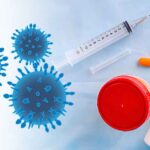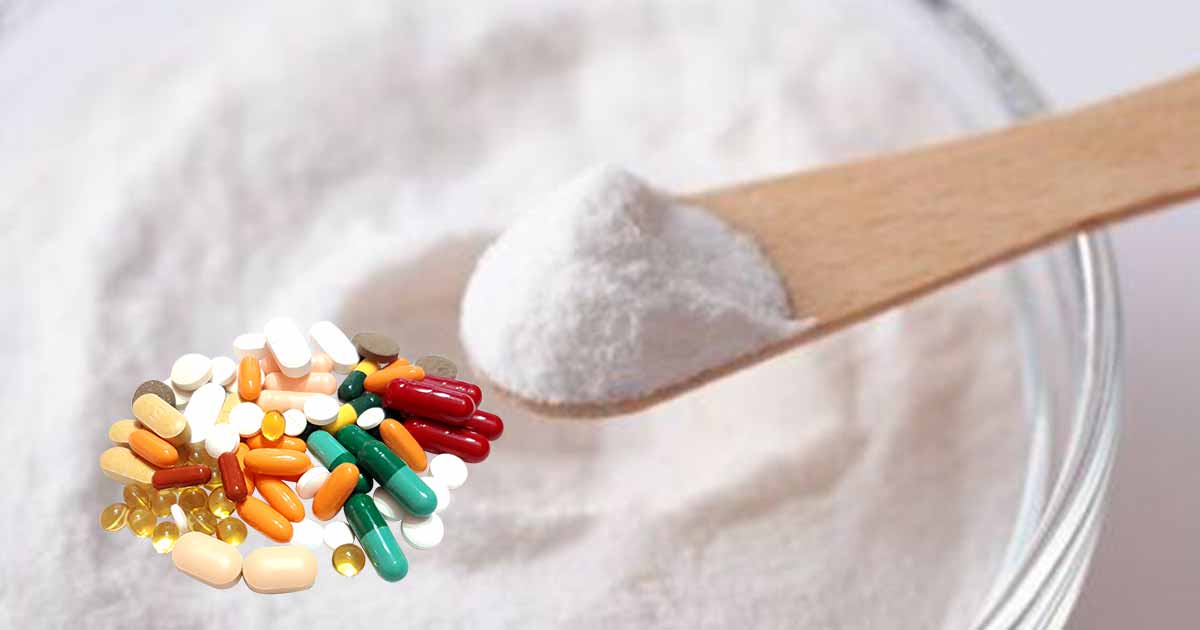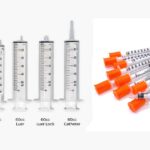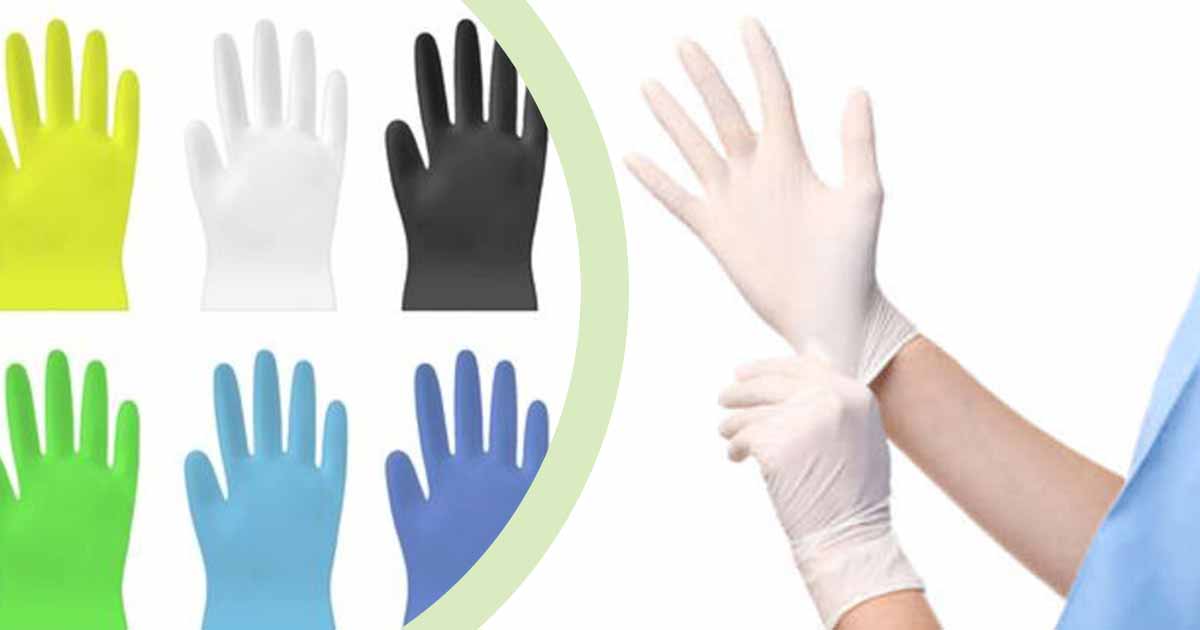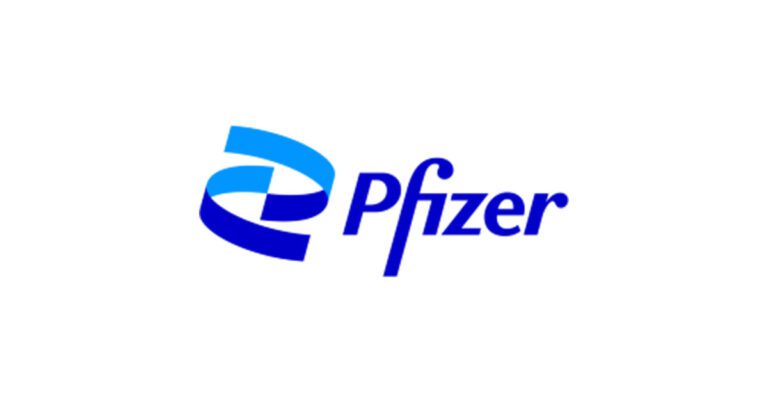Coronavirus outbreak (covid-19) was first detected in Wuhan, China in December 2021. The acute respiratory syndrome coronavirus-2 (SARS-CoV-2) caused by a virus, coronavirus would go on to become a global pandemic, wreaking havoc and throwing the whole world into unprecedented chaos and panic.
Many countries were affected and the number of cases and fatalities exceeded the carrying capacities of the health facilities of most third world countries. It did not spare the developed countries in Europe, Asia, and America.
The virus was reported in Nigeria on 27 February 2021, an imported case from Italy. About 2000 people have lost their lives to the virus. Nigeria is one of the most affected countries in Africa, with the country still COVID-19to contain the virus. However, there has been a decline in the number of cases recently.
This is unlike the situation in some counties like India that has witnessed a dangerous upsurge and fatalities due to COVID-19. There have been hundreds of thousands of cases reported recently, with so many deaths.
Pharmacists have seen their roles increase in most countries due to the incidence of the virus outbreak. Community pharmacists are highly accessible to patients, even in areas where there are no hospitals. This means they are mostly the first persons that patients with covid-19 symptoms meet.
In the US, Canada, UK, and New Zealand, pharmacists’ interventions include monitoring medication during treatment, reviews of drugs administered to patients, and conducting clinical trials for new drugs procedure.
It is, therefore, necessary that the pharmacists give the right medication, the right information on the safe use of drug advice, and referral in cases of emergency. For example, when there was an erroneous belief that hydroxychloroquine, an antimalarial drug can prevent coronavirus. Panic buying of the drug by many households led to the shortage of the drug and an increase in the price of various pharmacies across the country.
Chloroquine phosphate, another antimalarial drug with undesirable side effects, was also rumored to prevent the virus. However, WHO refuted the claims due to the absence of known clinical evidence of its effectiveness and efficacy.
The corticosteroids – prednisone, dexamethasone, and hydrocortisone-were also approved by WHO for emergency patients of covid-19. This is because they were found to reduce mortality rates in emergency cases of covid-19. The World Health Organization strongly advised against using this drug in non-emergency cases. However, there was a misconception about the recommendation as people thought it prevents the virus infection.
The result was that people went to pharmacies across the countries to purchase dexamethasone tablets for self-medication. It is therefore pertinent that pharmacists counsel the patients and monitor the prescription that comes to the pharmacies.
Pharmacists were also important in maintaining the supply and distribution chains. The event of covid-19 created a shortage of medications across the country like China and India, Nigeria’s most important supplier of drugs and raw materials for pharmaceutical formulations. This is due to the global economic recession as countries struggle with the harsh economic realities of the lockdown period.
The emergence of the covid-19 vaccine means that every health professional will work together to sensitize the public and encourage them to get vaccinated. Misinformation about the apparent adverse effects of the vaccine and other conspiracy theories has been rife since the arrival in Nigeria. The pharmacist has a major role, as he encounters thousands of patients in his outlet daily.
Read also: Difference between B. Pharm and D. Pharm degree
Timeline of Coronavirus Vaccine in Nigeria
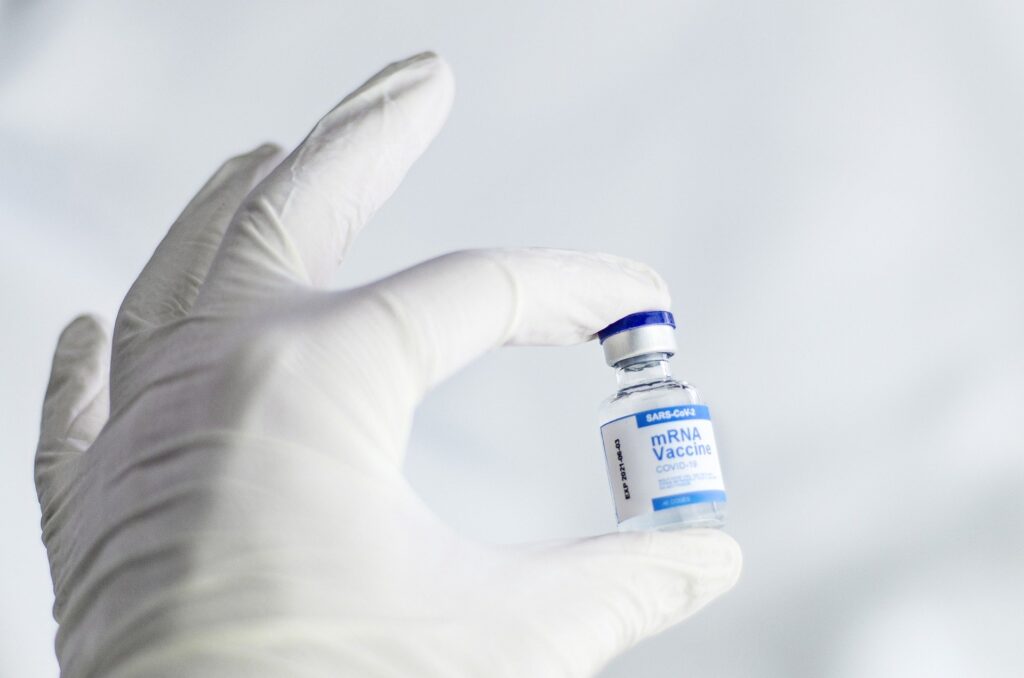
- On the 2nd day of March, Nigeria received 4 million doses of the Covid-19 vaccine. This was shipped by COVAX. This was made possible because of the partnership between the Nigerian government and WHO, UNICEF, Gavi, and CEPI.
- The AstraZeneca/Oxford vaccines were shipped from Mumbai, India to Abuja, Nigeria. The vaccines have been moved to various primary health care centers (through the National Primary Health Care Development Agency (NPHCDA) across the country to start the vaccination. Frontline health workers were the priority group and the first to receive the vaccine.
- On March 15, 2021, NAFDAC (National Agency for Food and Drug Administration and Control) confirmed that the Covishield vaccine is the same as the AstraZeneca/Oxford vaccine. The Covishield vaccine is a result of technology transfer and agreement between AstraZeneca and SIIPL.
- Both of them are ChAdOx1 to- 19 Corona Virus Vaccines (Recombinant). And both have been approved by WHO.
- On the 30th of April, 2021, the director-general of NAFDAC, Prof Mojisola Adeyeye has announced the approval of the Pfizer Biotech Vaccine for emergency use. She, however, stated that it is not a full approval, as more information about the safety and adverse effect is being gathered.


